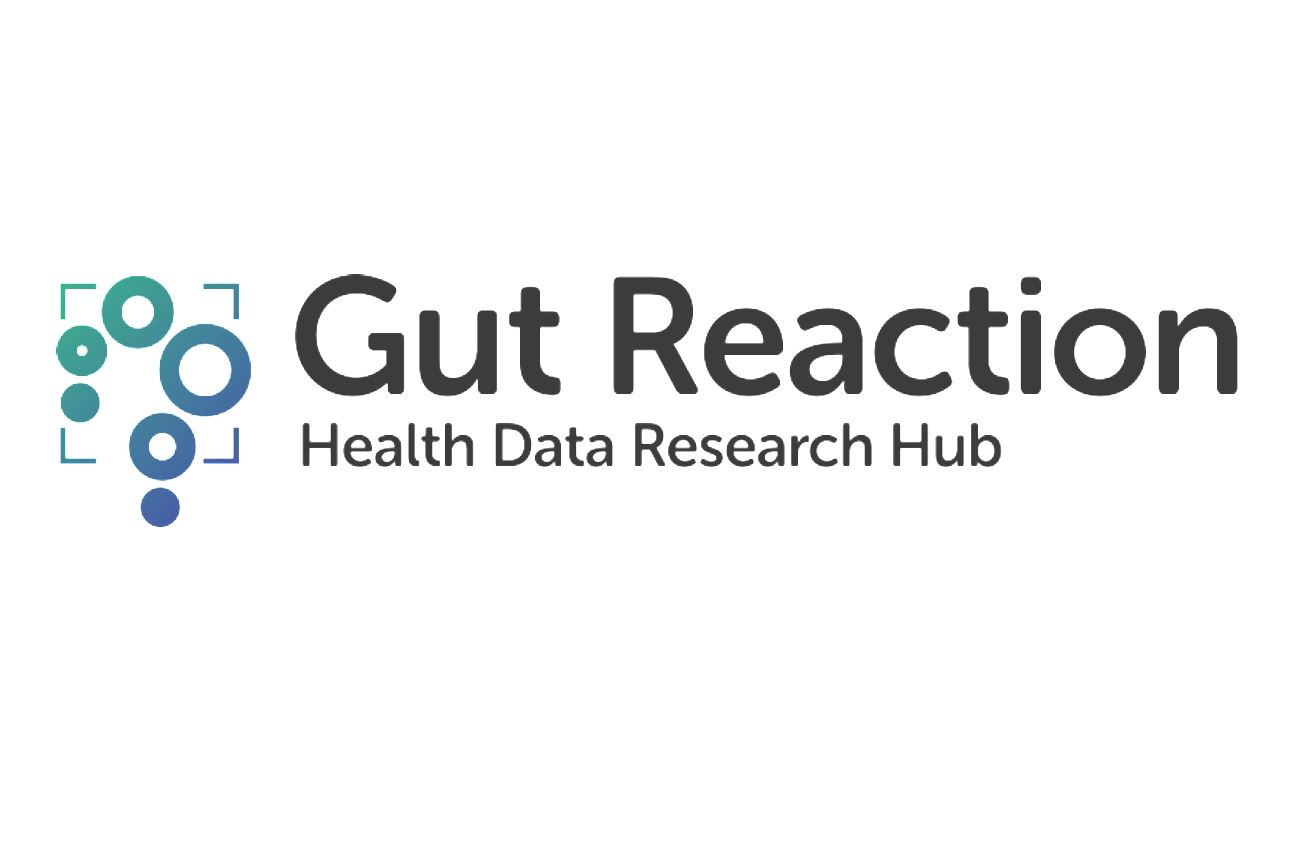Predicting treatment response in Inflammatory Bowel Disease: what can we learn from genetic markers?
22 August 2022
Why is this study important?
A wide range of treatments are available for inflammatory bowel disease (IBD), but responses vary considerably in different patients that are thought to be linked genetic variations associated with IBD. Genetic differences may play an important role in determining how much benefit individuals gain from medications, and also how their disease progresses. Learning more about how these markers influence response to treatment and long-term health, will help support development of more effective, personalised approaches to managing IBD.
This study also illustrates the transparent collaboration between commercial organisations and Gut Reaction – the Health Data Research Hub for IBD. Through consultation with our Patient Advisory Committee (PAC) and data safety experts, we have developed a sustainable, mutually acceptable, approach to working with commercial organisations towards our goal of improving treatment options for the IBD community.
“Achieving good long-term control of IBD symptoms is challenging as not all patients respond equally well to medications. By identifying markers for treatment response, we hope to reduce the likelihood of severe long-term complications and improve quality of life. This will not only benefit patients but also reduce pressure on NHS resources.”
John Bradley, Director of Gut Reaction
What do we hope to learn?
The aim of this study is to find out whether genetic variations in patients with IBD are linked to differences in IBD symptoms and responses to treatment. Identifying these markers will support the development of new, potentially more effective medications.
How will Gut Reaction data be used?
Study investigators specified seven genes and ten clinical classifications of interest and applied for access to de-identified health data to identify possible links between these genetic markers and patient outcomes, including response to treatment.
Subject to meeting stringent safety standards, it was agreed by our data safety experts and PAC that de-identified patient information could be analysed in the investigator’s secure research environment on this occasion due to the complex nature of the analytical tools required for this study.
Visit the Gut Reaction website to learn more, and explore the Gut Reaction Collection on the Health Data Research Innovation Gateway.



